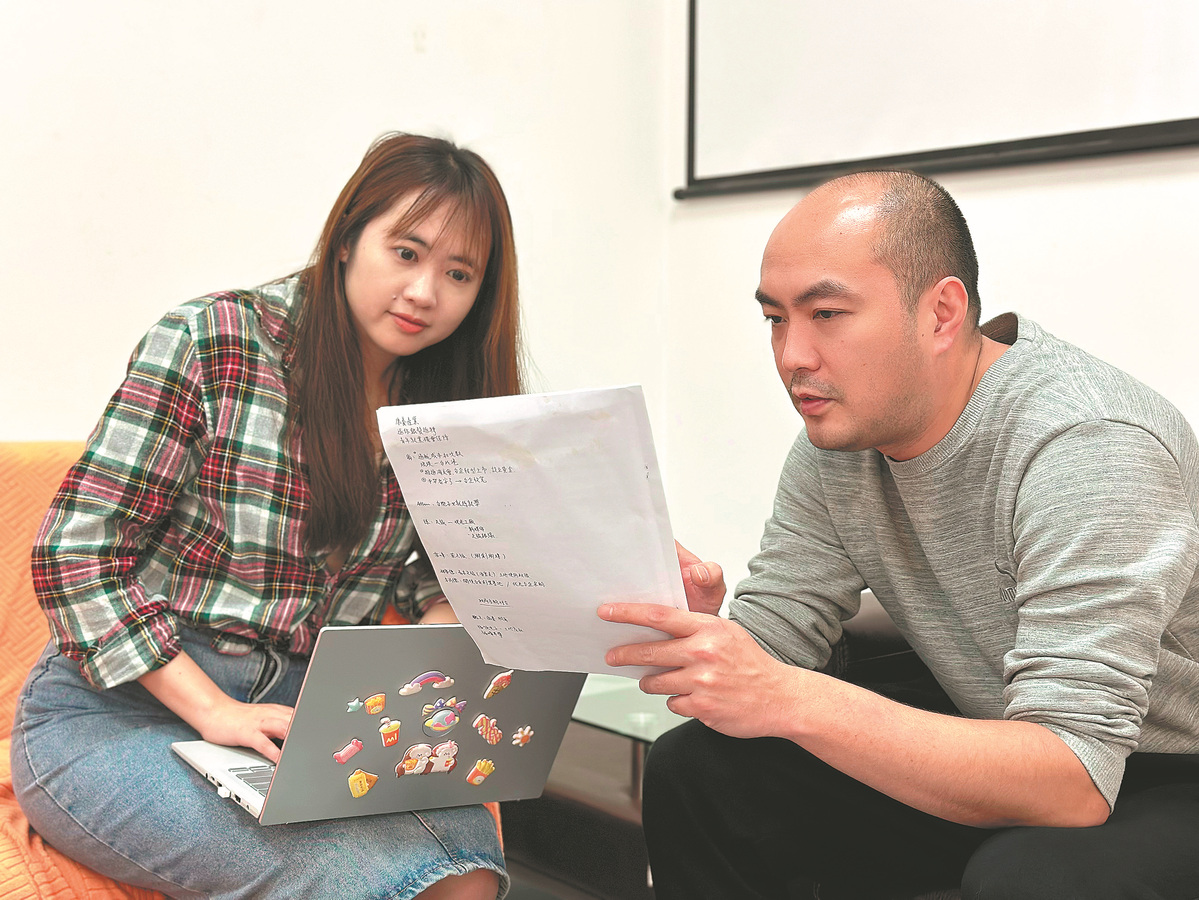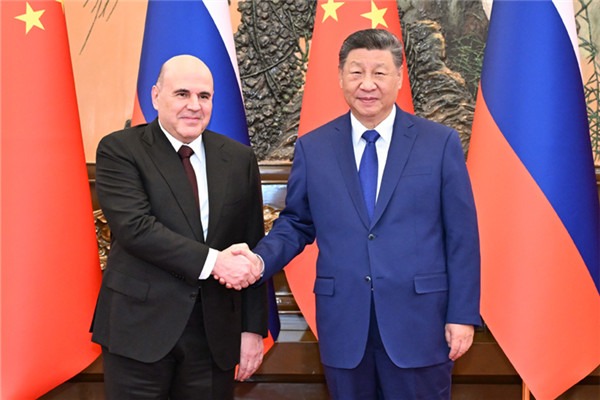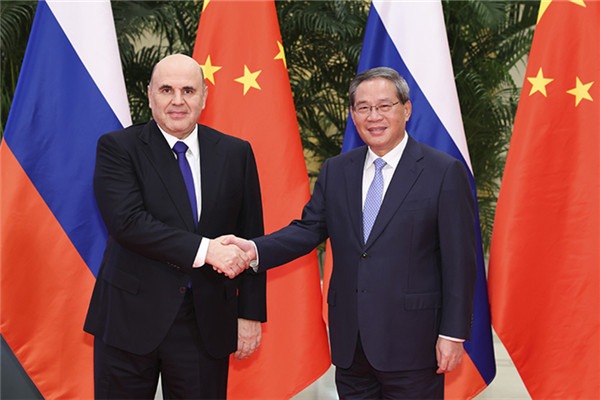Taiwan native loving life as livestreamer
Wu Shen-hwa encourages young compatriots to take advantage of e-commerce development on mainland


Wu Shen-hwa can often be found busy working in a downtown livestreaming studio in Fuzhou, capital of Fujian province.
His tasks include adjusting lights, testing microphones and discussing details with the anchors. Occasionally, he personally puts on a headset and engages in selling products.
Having been involved in livestreaming broadcast operations for nearly six years, 44-year-old Wu, originally from Taiwan, has made a name for himself in the industry and has adjusted to life on the Chinese mainland.
"At first, I just wanted to see where my ancestors had lived on the mainland, but I unexpectedly discovered that the mainland is full of opportunities, so I decided to stay," he said.
Wu's great-grandfather was from Fuzhou, and his descendants have lived in Taiwan.
In 2005, Wu arrived in Fuzhou for the first time from Taipei to investigate educational training projects. Once he decided to stay, he drew on his experience of studying abroad to open an overseas study agency with friends. The business later expanded to include an online education platform.
In 2018, he saw the potential for e-commerce development on the mainland and began operating a livestreaming business.
After nearly six years of development, the company now has about 40 livestreaming rooms, more than 200 regular livestreamers and an annual turnover of over 30 million yuan ($4.15 million). Wu is also engaged in training internet marketing professionals.
He said his success is due to the fact that he recognized and took advantage of the trend, transitioning from online education to e-commerce platforms with high traffic to focus on livestream sales.
The products sold through the company's livestreams mainly come from the mainland, but there are also products from Taiwan.
"The mainland's supply chain advantage is quite obvious," Wu said, specifically noting the better quality and high cost performance of mainland goods.
Over the years, Wu has established fixed channels of cooperation with suppliers. In recent years, he has also been engaging in cross-border e-commerce trade, using short videos and livestreams to increase his overseas sales volume on platforms such as TikTok and Shopee.
Wu believes livestream broadcasts are not just about selling products, but also promoting cultures.
"On the mainland, there are many regions with different products, and each region has its own culture. When introducing these products, it's very important to promote them after gaining a deep understanding of them and the cultures they represent," he said.
For example, in Fujian, there are different types of tea. During livestreams, anchors introduce the stories behind each type and the cultural significance of the places they come from.
Now Wu's team, apart from himself, consists entirely of people from the mainland. He refers to himself as a "new local".
During his entrepreneurial life in Fuzhou over the past decade, Wu said he has personally enjoyed the support and care that the mainland provides to Taiwan compatriots, including subsidies that help young Taiwan entrepreneurs with rent and decorations and a one-time payment they can use to start their businesses.
He said that such support is heartwarming and helpful.
Wu said he is very optimistic about the e-commerce development opportunities on the mainland, and he strongly encourages young people from Taiwan to come over and try to start new media businesses. With his urging, several young people from Taiwan have obtained professional internet marketing certificates.
He said the young compatriots can not only quickly learn about e-commerce development on the mainland but also better adapt to the mainland's environment, thereby facilitating better employment, entrepreneurship, and promoting cross-Strait integration and growth.
"There are many development opportunities on the mainland," he said. "As long as one works diligently, there will be good prospects for them."
Luo Jiayuan contributed to this story.
- International bridge competitions add intellectualism to Qingdao sports
- Chinese vice-premier stresses new significant development opportunities for Hong Kong
- Illegal gold panning resurfaces in Gansu river amid soaring prices
- Astronauts barbecue chicken wings, steaks in China's space station
- China's 'mice astronauts' and their challenging journey to space
- Bookstore manager fosters connections through love of reading





































